PRESIDENT Robert Mugabe has sacked Auditor General, Mildred Chiri, more than two years before the expiry of her contract signed in 2013, The Financial Gazette reported.
Although Chiri has been in her position since 2004 and the new Constitution limits the Auditor General to two terms of six years each, it emerged yesterday that she was handed a new six-year contract in 2013.
Chiri's ouster appears to have been sprung on her hours before it was announced by Finance and Economic Development Minister Patrick Chinamasa in the National Assembly yesterday. The announcement ends the dogged accountant's career in which she rattled powerful officials with her routine revelations of graft, profligacy and mismanagement of resources in government.
Mike Ndudzo, who has headed the Industrial Development Corporation (IDC) since 1991, will replace Chiri. Ndudzo holds a Bachelor of Accountancy (Honours) degree and is a registered public accountant. He was Zimbabwe's first post-independence accountant general in the Ministry of Finance from 1986 to 1991.
Chiri told The Financial Gazette that she had been informed of the decision to remove her yesterday.
"It is true. I have been notified of the decision. I had a meeting earlier in the day with Minister Chinamasa where he informed me of the President's decision, which follows the expiry of my term of office," she said.
She declined to take further questions.
Apparently, Chiri's removal from office was made by Chinamasa in terms of section 310 (2) of the Constitution.
Such constitutional provisions have not been applied in retrospect and former finance minister Tendai Biti told The Financial Gazette that he had handed Chiri a new contract in 2013, in line with the new national charter.
"One of the last things I did before leaving government was to renew Chiri's contract. She is entitled to the full term of her contract," said Biti.
Chiri recently released an audit report which exposed more fraud, corruption and mismanagement of public funds by government ministries and departments, State enterprises, local authorities and statutory funds.
Her latest report, released in June this year, was also critical of the Office of the President and Cabinet, which she said had mismanaged statutory funds under its purview, including the District Development Fund, as well as mishandling tenders.
Biti, who is a lawyer, said the decision to sack Chiri may have been political.
"It's a political decision. Chiri has been causing pain in government," said Biti, describing Mugabe's government as "a mafia in full swing".
He said security chiefs continued to serve despite their contracts having expired. If government was acting in a fair manner in the treatment of officials whose contracts were governed by constitutional provisions, then the military and police chiefs should have been relieved of their duties ahead of Chiri, Biti added.
Legal expert Alex Magaisa, who played a leading role in the creation of the new Constitution, said the section relating to existing officers was designed to protect them during the transition to the new order.
"The conditions of service under which they were employed were also protected. If they had not, they would have lost their jobs upon the adoption of the 2013 Constitution," Magaisa said.
"Other public officers in the security sector have kept their jobs by virtue of annual contract renewals at the whim of Mugabe as President.
"He could use the same power to keep the Auditor General, but it's not a good thing to do.
"Those who have served their terms must be allowed to go and open up spaces for others."
Magaisa said if it was indeed true that government had renewed her contract in 2013, then she was entitled to complete it.
"That means she must serve her full term because that is indeed what is protected under Section 13 of the Sixth Schedule," Magaisa said.
"However, it is also possible for government to argue that the (then) minister did not have the power to renew the contract after the new Constitution came into effect, since according to Section 310 of the Constitution, the Auditor General is appointed by the President with the approval of Parliament."
In terms of the new Constitution, Chiri could only be fired from government service during the subsistence of her contract only on the basis of inability to perform her functions either due to physical or mental incapacity.
Other grounds for such dismissal include gross incompetence and misconduct.
Yet the President or Chinamasa cannot fire Chiri unilaterally without following the due process. The Constitution says Chinamasa should inform the President on the question of removing the auditor general from office.
The President then appoints a tribunal, consisting of at least three members, one of whom has to be a retired judge.
The other member of the tribunal should be chosen by statutory bodies representing the interests of public auditors.
In fact, it is such institutions that should nominate the panel when called upon by the President to do so.
Chiri was appointed as Comptroller and Auditor-General on February 24, 2004. She holds a Bachelor of Accounting degree from the University of Zimbabwe and is a fellow of the Chartered Institute of Secretaries. She is also a member of the Association of Chartered Certified Accountants and the Institute of Certified Public Accountants (CPA) as well as a registered public accountant.
Chiri joined the Office of the Comptroller and Auditor General as an audit assistant in 1983 before rising to the position of Comptroller and Auditor General.
On her appointment, she managed to clear an audit backlog which had lagged behind since 2000. She was current with her reports, some of which were tabled before Parliament ahead of the statutory deadlines.
In addition, her annual reports had been reformatted to include key audit findings.
This was in response to requests to make the reports simpler and easier to understand. Previously, they were perceived to be too technical.
Ironically, Chiri's successor Ndudzo would have been ousted from the parastatal in line with a proposed corporate governance law which seeks to retrospectively apply term limits to chief executives of public entities.
- fingaz
 PIC Director resigns after appointment error
PIC Director resigns after appointment error  Botswana enforces new 24% local ownership rule
Botswana enforces new 24% local ownership rule  'Some very strange things are happening in China!'
'Some very strange things are happening in China!'  Zimbabwe's dollar stock exchange surges 45%
Zimbabwe's dollar stock exchange surges 45%  Gold edges up as traders await guidance
Gold edges up as traders await guidance  Gold shatters $4,000 milestone
Gold shatters $4,000 milestone  Young Investment Professional (YIP) Graduate Programme 2019
Young Investment Professional (YIP) Graduate Programme 2019 
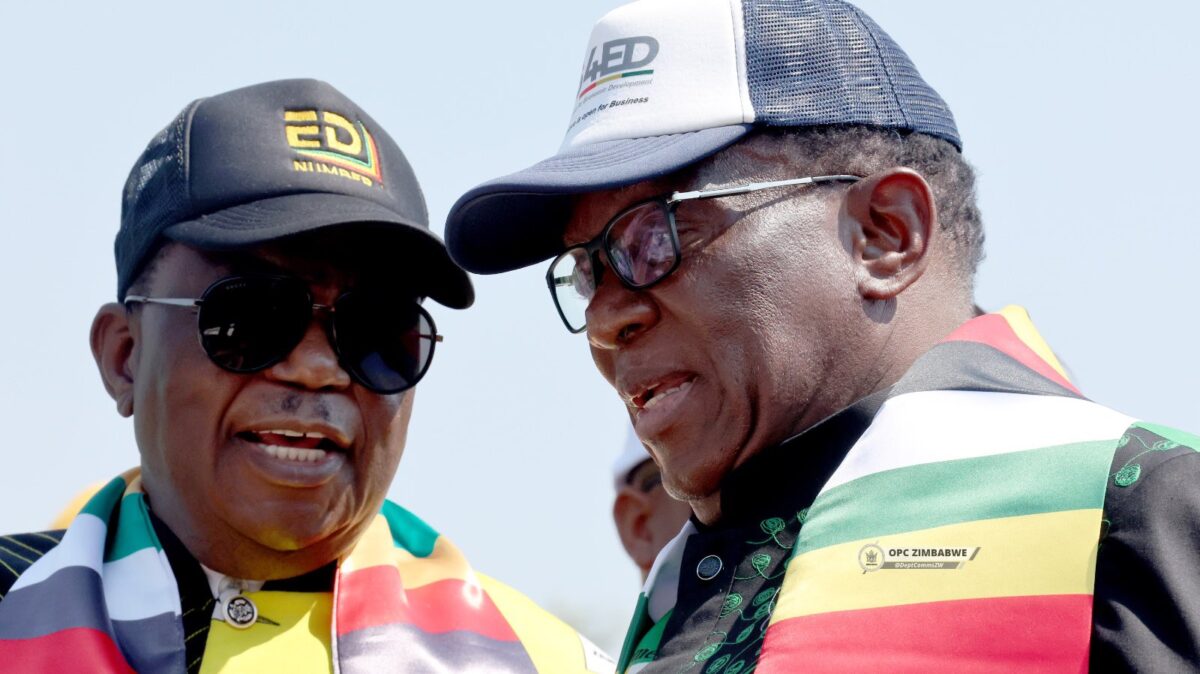
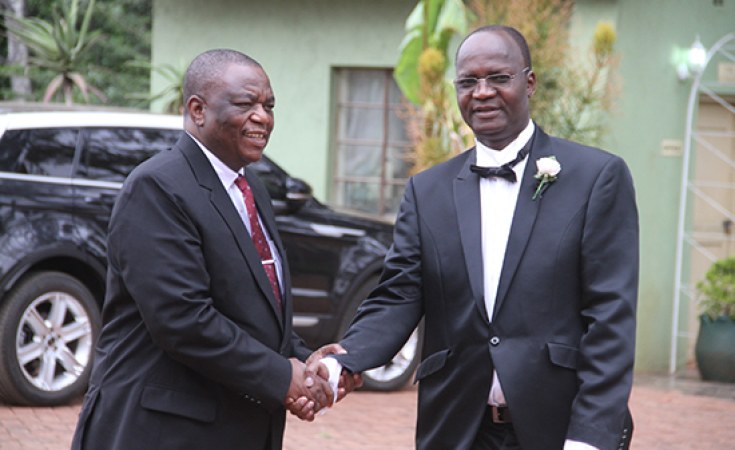



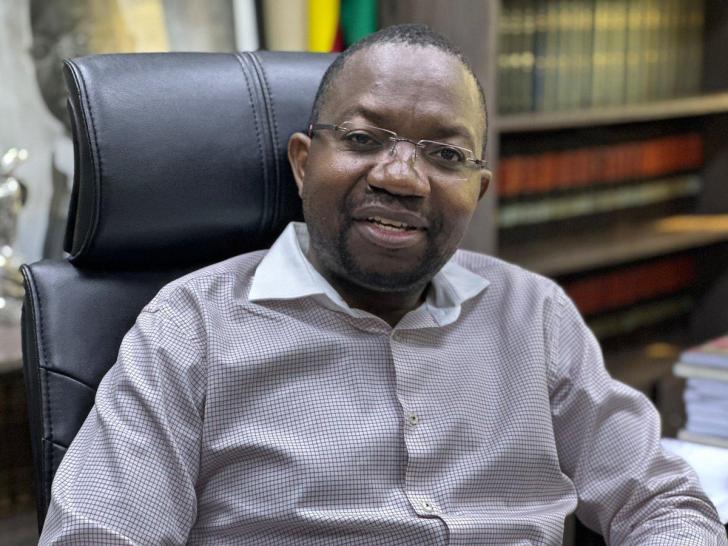

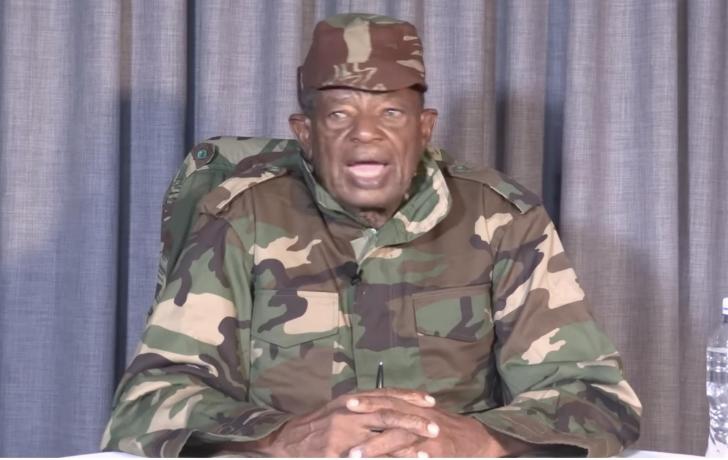

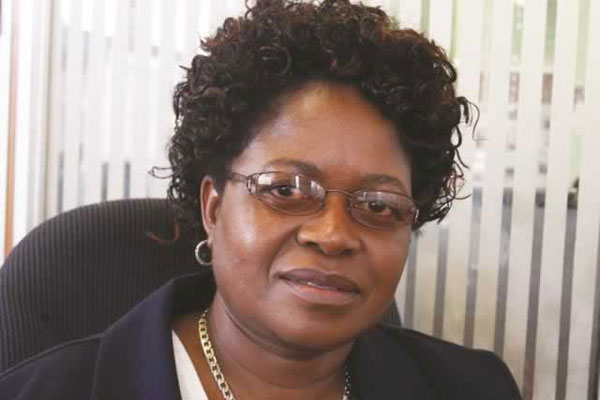
 Young Investment Professional (YIP) Graduate Programme 2019
Young Investment Professional (YIP) Graduate Programme 2019
Editor's Pick